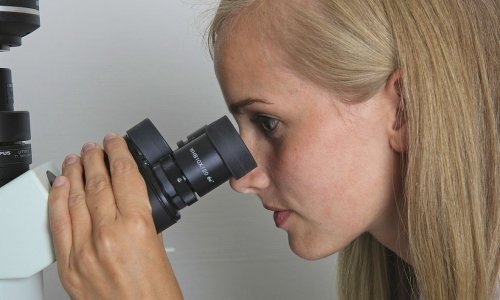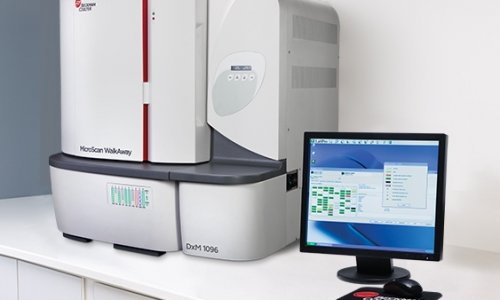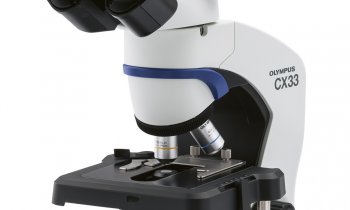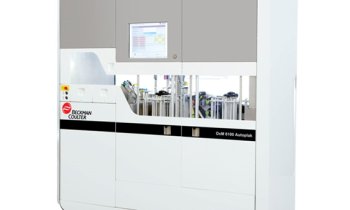Molecular diagnostics
Research in the field is booming thanks to newly arriving methods to identify gene sequences. Scientists are interested in a wide range of issues from disease-relevant variations of human genetic information to the detection of viral genetic material that supports therapies. Several highlights of current research were presented this spring at the 9th International Symposium on Molecular Diagnostics (ISMD 2012) held in Graz, Austria.

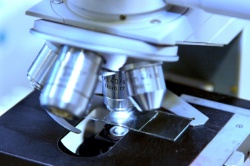
Individualised treatment of viral hepatitides was a major topic during the recent ISMD 2012 gathering. Liver inflammation is usually treated with antiviral substances that aim to decrease the viral count in blood. ‘Today, specific diagnostic methods allow us to assess very early in the therapy whether, and to what extent, a patient will respond to a certain treatment,’ explains Professor Peter Ferenci MD, from the University Clinic for Internal Medicine III at the Allgemeines Krankenhaus in Vienna, Austria.
With hepatitis C, he adds, a crucial objective is to adapt the therapy duration to the course of the disease. For example if, in patients with a certain virus genotype, the virus is no longer present after four weeks, the subsequent standard therapy with pegylated interferon and ribavirin will be applied for only 24 instead of 48 weeks. In patients with a different genotype the therapy might even be reduced to 12 weeks. In hepatitis B, however, the issue is not to shorten the therapy but to evaluate the effectiveness of the treatment. Here, reducing the virus load is a precondition for therapy to begin.
Another important topic at the molecular symposium was the prevention of cervical cancer caused by an infection with human papilloma virus (HPV). The conventional Pap smear, used for decades to detect HPV infections, has a sensitivity of only 60-75%.‘New molecular methods allow us to increase sensitivity in early detection to more than 95%,’ says Dr Hans Georg Mustafa, who directs a medical chemical laboratory in Salzburg.
In other words, the new test has a high negative predictive value. If the result is ‘HPV negative’ the woman’s cancer risk is close to nil. In biology ‘dark matter’ refers to the many genes that are not encoded for proteins but remain so-called non-coding RNA (ncRNA). Researchers hope to decipher the role of ncRNA in the prevention and treatment of widespread diseases. Today, 20,500 protein-coding genes are known but they form but 1.5% of the genome that is continuously coded. The working group RNA biology, led by Dr Marcel Scheideler, at the Institute of Genomics and Bio-Informatics, Technical University Graz, tries to use this ‘dark matter’ to fight adiposity and obesity. The micro- RNAs miR-27b and miR-30c are two recently discovered ‘switches’ whose influence on the development and function of fat cells may well support adiposity, as well as diabetes therapy. There is also news on statins that are used to lower lipid levels. A genetic variant of the transporter SLCO1B1 is considered to be the most important risk factor of statin-induced myopathies. The molecular genetics lab team at the Medical University Graz has developed a test to determine the SLCO1B1 genotype and thus the individual risk of statin intolerance prior to the start of therapy. This test can avoid severe side effects and sequelae.
03.09.2012



